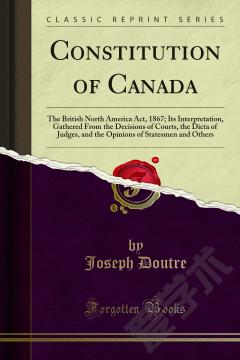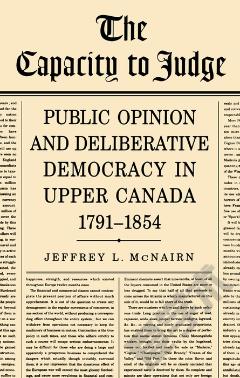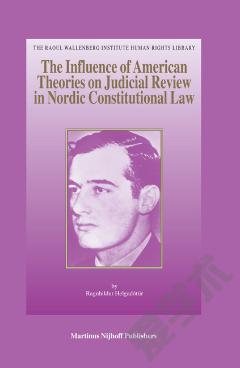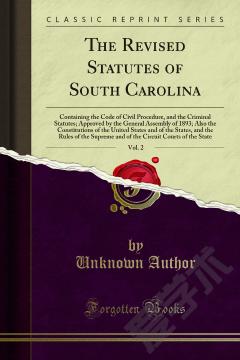Constitution of Canada —— The British North America Act, 1867; Its Interpretation, Gathered From the Decisions of Courts, the Dicta of Judges, and the Opinions of Statesmen and Others
-----
The design of this work is not to be a commentary upon the text of the Federal compact, but, to bring together, by the side of the text, the decisions of the Courts, with the dicta of judges and statesmen; and to discover the principles which will aid those engaged in framing Federal or Provincial laws, and the legal profession generally in the interpretation of the Constitution of the Country.Previous to The British North America Act, 1867, the Provincial Courts did not consider they possessed the power of enquiring and deciding whether the laws of their respective Legislatures were constitutional or not. Occasional attempts were made to test the validity of statutes, but they were ineffectual in their results. It has been and is quite different under the Federal Act. The Supreme Court of Canada and the Privy Council in England, have both concurred in recognizing the right, assumed by the Provincial Courts of original and apellate jurisdiction, to pass upon the constitutionality of the laws enacted by the Provincial Legislatures and the Parliament of Canada. This was anticipated by the framers of the Act, as appears by the Debates in the House of Commons.On the 4th of March, 1867, when the Bill was under discussion, in the Imperial Parliament, Mr. Cardwell said: As matters now stand, if the Legislatures of Canada acted ultra vires, the question would first be raised in the Colonial Law Courts, and would ultimately be settled by the Privy Council at home.
{{comment.content}}








 京公网安备 11010802027623号
京公网安备 11010802027623号